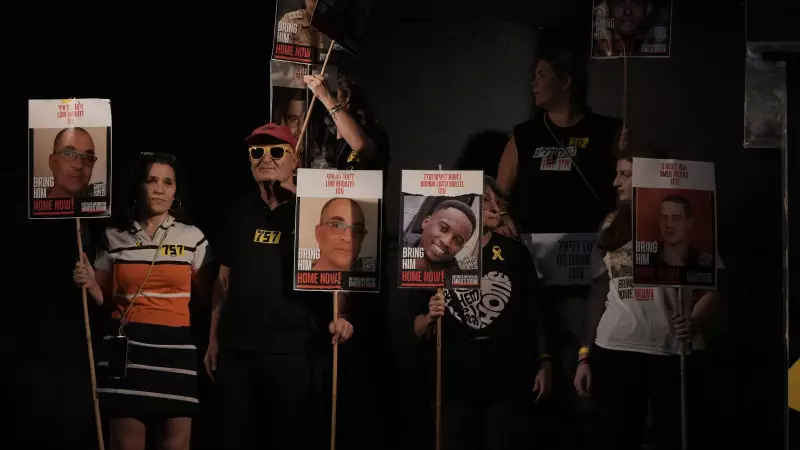
In a significant development in the ongoing Israel-Hamas conflict, the Palestinian militant group has confirmed it will hand over the bodies of three more hostages to Israeli authorities. This move comes amid intense international pressure and ongoing ceasefire negotiations.
Escalating Humanitarian Crisis
The decision to return the hostage bodies marks a crucial moment in the conflict that has gripped the region for weeks. According to Hamas officials, the transfer is being coordinated through intermediary parties, though specific details about the identities of the deceased or the circumstances of their deaths remain undisclosed.
This development follows previous hostage releases and body transfers, indicating potential progress in behind-the-scenes diplomatic efforts. The international community has been closely monitoring the situation, with multiple countries advocating for humanitarian pauses to facilitate such exchanges.
Ceasefire Negotiations Continue
While the hostage body transfer represents a small step forward, broader ceasefire talks continue to face significant challenges. Both sides remain entrenched in their positions, with Israel demanding the return of all hostages and Hamas calling for an end to military operations in Gaza.
The ongoing conflict has resulted in substantial casualties and widespread destruction, drawing global concern about the humanitarian situation in the besieged territory. International organizations have repeatedly called for immediate de-escalation and unrestricted humanitarian access.
What This Means for Regional Stability
- Potential confidence-building measure between conflicting parties
- Possible precursor to broader prisoner exchanges
- Indicator of ongoing backchannel communications
- Reflection of international diplomatic pressure
As the situation continues to evolve, all eyes remain on the region for signs of breakthrough in negotiations that could lead to a more sustained ceasefire and address the urgent humanitarian needs of civilians caught in the crossfire.





